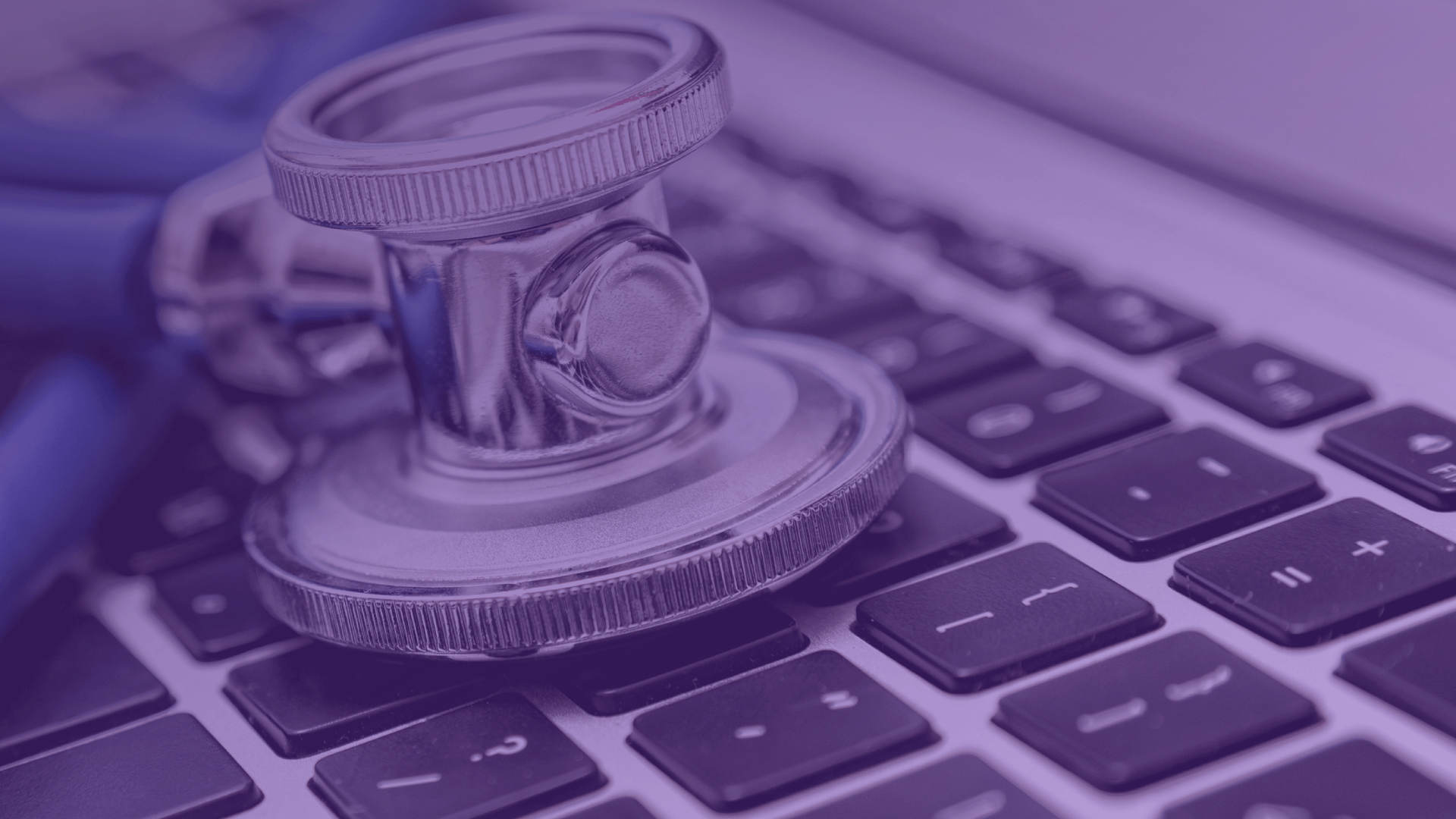Emerging of new technologies in the healthcare industry together with the necessity of safe data storage and paperless transfer across various institutions and devices caused reasonable concerns. The HIPAA rules ensure that confidential information of the patients is secured and no breach may occur while healthcare institutions develop and adopt new technologies and industry innovations.
The HIPAA Security Rule in Healthcare Organizations
Extending previous HIPAA rules, the HIPAA Security Rule sets guidelines for how confidential information should be stored and transferred in electronic form. Failure or ignorance of these regulations results in considerable penalties and civil (or in some cases even criminal) action lawsuits.
The HIPAA Security Rule requirements should be fulfilled by any covered entity or business associate dealing with the patients’ health data. To cut short, a covered entity is a health care provider, an intermediary, or a health insurance plan transmitting, creating or storing digital patients’ data. A business or person hired by an entity is called a business associate. They do not have direct access to the patients’ data but this access may be granted by a covered entity in order the associate can fulfill his duties.
The HIPAA security standards are intentionally flexible and vague, setting both required and addressable rules to make them relevant and adoptable for any type of institution or business.

What Is the HIPAA Security Rule
Before discussing the requirements, it is best to answer “What is the HIPAA Security Rule?” In 1996 the HIPAA (the Health Insurance Portability and Accountability Act) was first introduced. For simplifying medical administration, healthcare institutions were encouraged to computerize patient’s information, and soon the government set about creating specific rules dealing with it. The HIPAA Privacy and Security Rules were introduced in 2003 and 2005, respectively. Unlike the Privacy Rule which defines and sets security requirements of how the confidential data (in the HIPAA terms, “protected health information,” PHI) should be managed, collected and stored, the Security Rule is established for electronic PHI (ePHI), also often called digital.
HIPAA Security Rule Standards and Regulations
The Security Rule aims to guarantee the privacy and security of the information and its availability. The requirements are applied to anyone who deals and has access to the confidential information of patients. Three implementation standards, also called the HIPAA Security Rule safeguards, cover the whole system of the ePHI management, including technical aspects, physical access requirements, and administration standards. The HIPAA standards imply flexibility and allow the entities to choose the strategy and measures which suit them the best. They also encourage health providers to assess all possible risks and find the best solutions for their timely management.

HIPAA Security Rule Safeguards and Requirements in Healthtech
Technical safeguards
The safeguards related to all the technologies that are used for ePHI protection or storage are called technical. Once the data travels beyond the institution’s internal server it should be encrypted to NIST standards.
In recent years the number of cyber-attacks has significantly increased, resulting in confidentiality breaches. This may cause various consequences, such as financial losses, the OCR penalties, imprisoning, and damage to the institution’s reputation.
Being one of the leaders in the HIPAA Security Rule compliance, Solve.Care considers the prevention of the confidentiality breach as a prime concern. Richard Williams, Information Security and IT manager at Solve.Care, said: “The magnitude and frequency of consumer data privacy problems continue to grow year on year, with vast data breaches now a regular feature of the news cycle… The development of technologies currently in their nascent phase, such as Artificial Intelligence and Blockchain, may prove to be innovative solutions to facilitate stricter compliance with data privacy regulations. Blockchain technology has been shown to be particularly adept in use-cases related to healthcare: cryptographically secure distributed ledger technology ensures that patient data is secure when records are shared with healthcare providers.”
Among other technical requirements, there are usernames for each user and unique PIN codes, as well as user authentication, protocols of emergency access, internal control to record access and what is done with the data, and automatic log-off of all used devices.
Physical Safeguards
Though they may seem similar to those mentioned above, the physical safeguards concern physical access regardless of the ePHI location (remote, cloud, or server) and focus on how the hardware should be secured against any unauthorized access or thieves.
Implementation specifications include controls of the physical access to the ePHI location, inventory, policies for the workstations use and positioning, policies and procedures for how ePHI may be used, stored and removed from mobile devices (for example, in case if the employee decides to leave the company).
Administration Safeguards
Unlike previously mentioned technical and physical standards, administration safeguards describe procedures and policies mutual for both the HIPAA Privacy and Security Rules. One of the main requirements to the entities stated in the HIPAA Security Rule is to assess risks and identify possible threats, have effective risk management protocols, contingency plans, and clear reporting system, train employees to ensure their awareness of all the procedures, and restrict access to the ePHI by third-parties. Security and Privacy Officers should be assigned to enforce these measures and procedures.
HIPAA Security Rule Checklist and Why Your Organization Needs One
There is no checklist equally suitable for all covered entities types. The HIPAA Security Rule checklist consists of implementation specifications for three mentioned safeguards and it worth noting that neither of the HIPAA security standards is more important than others. Though they are intentionally flexible and vague, no rules should be neglected. Even those rules marked “addressable” are not optional and allow healthcare providers to adopt the measure which is suitable for their specific situation, taking into account the cost, the necessity, and the likelihood of potential risk. After evaluating the threats properly, an institution should provide a reasonable alternative or justify neglection of any addressable rule.
Mere ignorance of the HIPAA Security Rule standards and requirements can cause the fine up to $50,000. Neglecting the standards can attract civil penalties starting from $25,000 and reaching more than $1 million per year, and in some situations, ePHI disclosure or usage when harmful intention, personal gain, or any commercial advantage is proved can lead to imprisonment for a decade.



